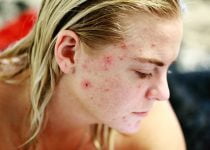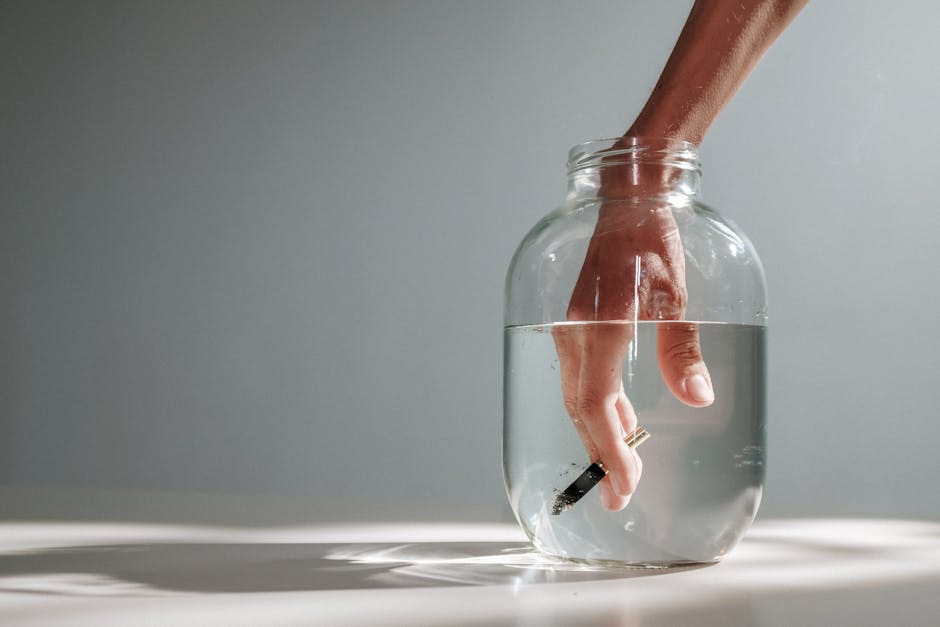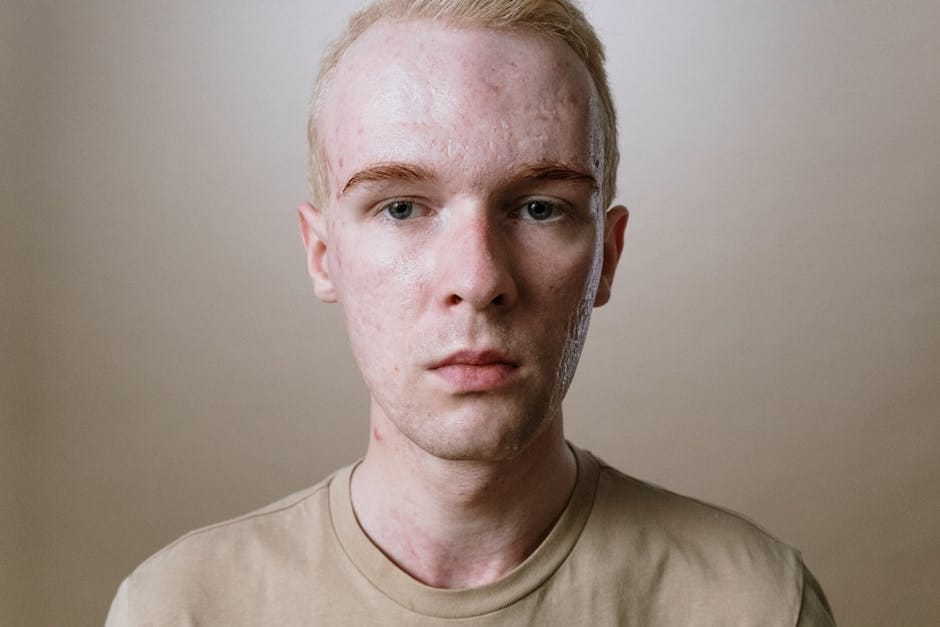How To Cure Acne: A Comprehensive Guide
Acne is a common skin condition that affects people of all ages. It can be caused by a variety of factors, including hormones, bacteria, and diet. While there is no single cure for acne, there are a number of effective treatments that can help to improve the appearance of the skin and reduce breakouts.
One of the most important steps in treating acne is to cleanse the skin twice a day with a gentle, oil-free cleanser. This will help to remove dirt, oil, and bacteria from the skin's surface. It is also important to avoid picking or squeezing pimples, as this can lead to scarring.
In addition to cleansing, there are a number of topical treatments that can be used to treat acne. These treatments typically contain ingredients such as salicylic acid, benzoyl peroxide, or retinoids. These ingredients work to kill bacteria, reduce inflammation, and promote skin cell turnover.
If topical treatments do not improve the appearance of the skin, oral medications may be necessary. Oral medications for acne typically contain antibiotics or hormones. Antibiotics work to kill bacteria, while hormones work to reduce oil production and inflammation.
In addition to medical treatments, there are a number of lifestyle changes that can help to improve the appearance of the skin and reduce breakouts. These changes include:
* Eating a healthy diet: A diet that is high in fruits, vegetables, and whole grains can help to improve the skin's overall health and reduce inflammation.
* Getting enough sleep: When you are sleep-deprived, your body produces more of the stress hormone cortisol. Cortisol can increase oil production and inflammation, which can lead to breakouts.
* Managing stress: Stress can also lead to breakouts. Find healthy ways to manage stress, such as exercise, yoga, or meditation.
If you are struggling with acne, it is important to see a dermatologist for diagnosis and treatment. There are a number of effective treatments available, and with the right treatment, you can achieve clear, healthy skin.
**Here are some additional tips for preventing and treating acne:**
* Avoid using harsh soaps or cleansers. These can strip the skin of its natural oils, which can lead to dryness and irritation.
* Use a moisturizer that is oil-free and non-comedogenic. This will help to keep the skin hydrated without clogging pores.
* Exfoliate your skin once or twice a week. This will help to remove dead skin cells and promote skin cell turnover.
* Change your pillowcase regularly. This will help to prevent bacteria from building up on your skin.
* Avoid touching your face. This will help to reduce the spread of bacteria.
* Be patient. It can take time to see results from acne treatments.


